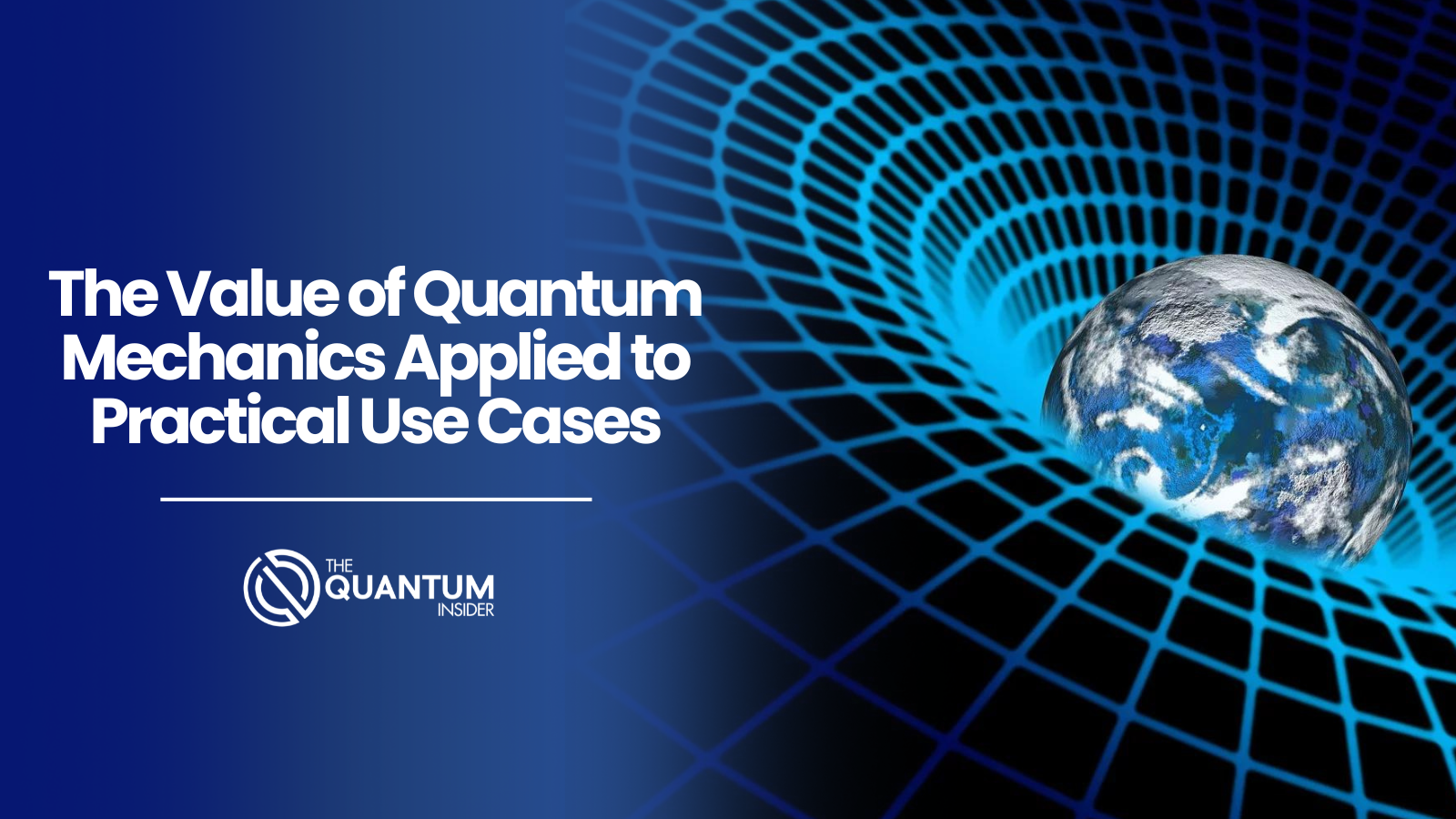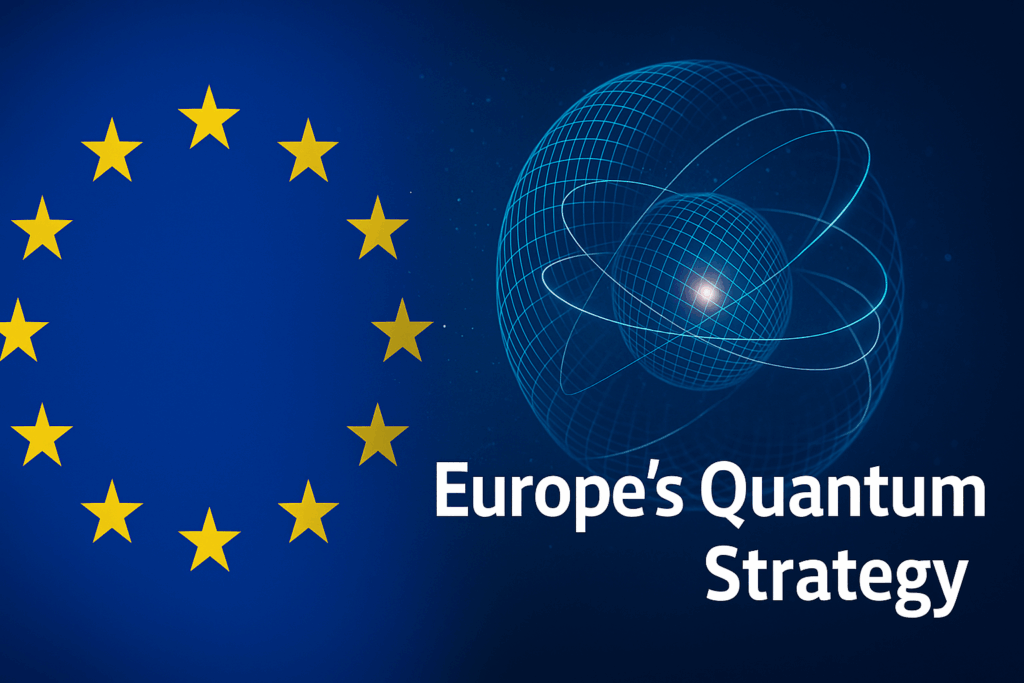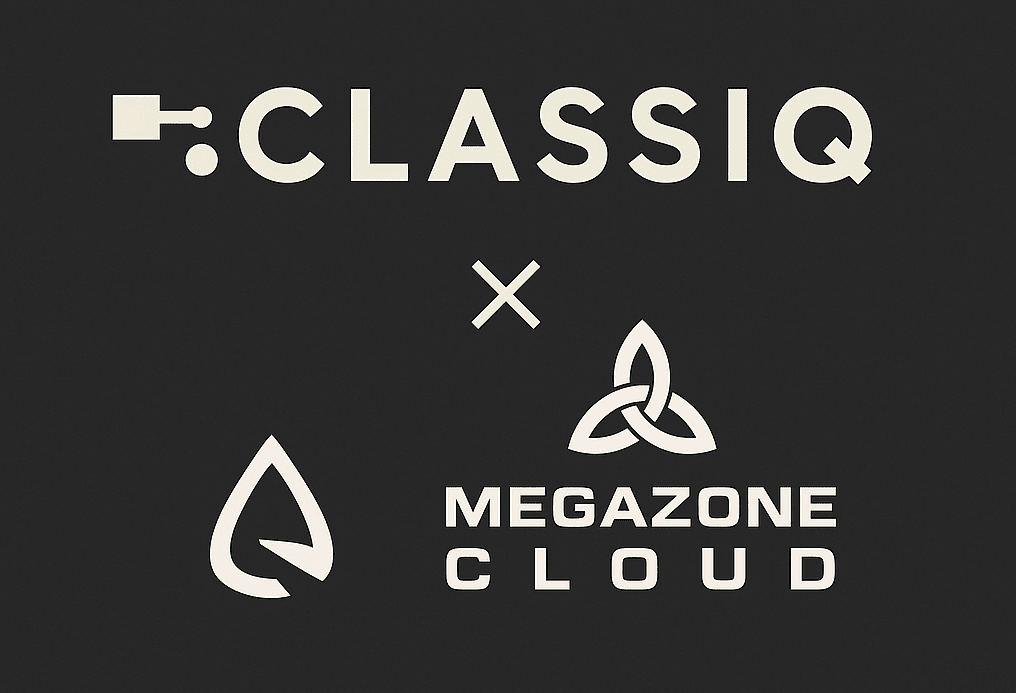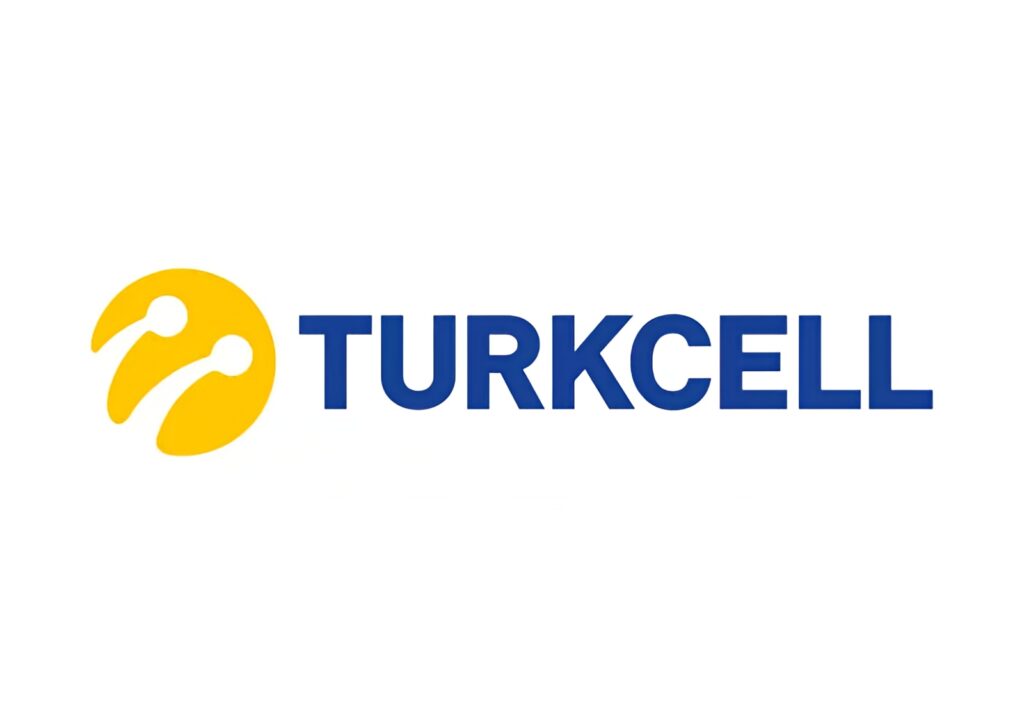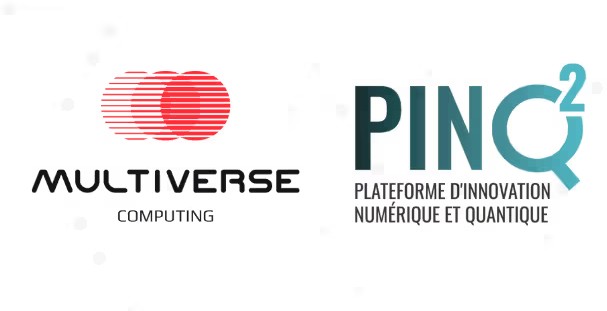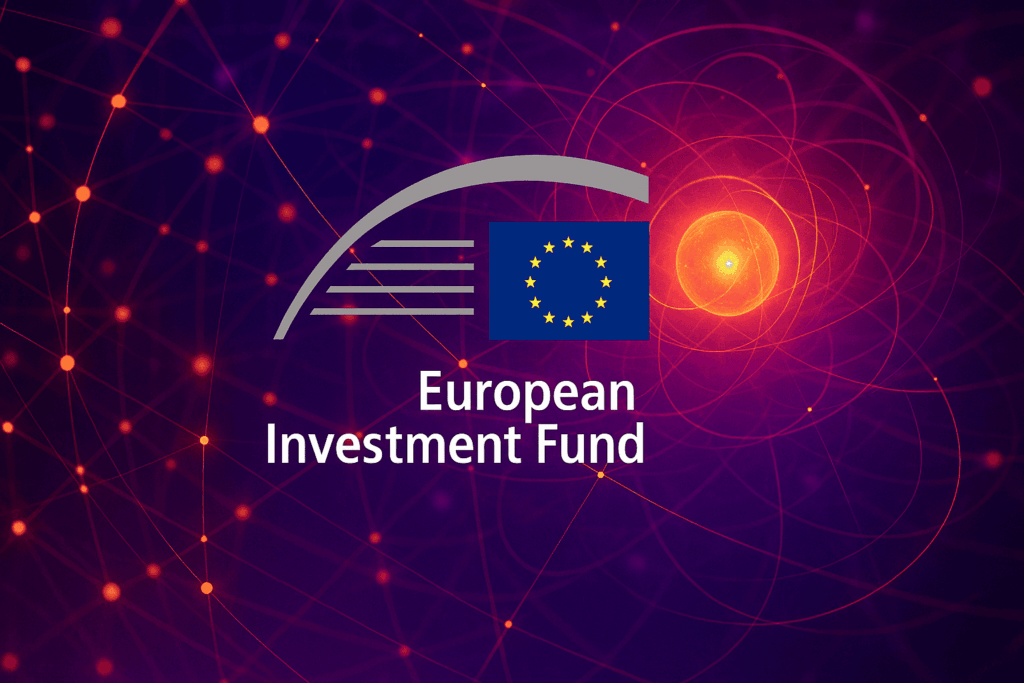As a relatively new field (at least commercially), quantum computing (leveraging quantum mechanics) has the potential to change outcomes in many industries and fields of science. There are a number of quantum computing applications that are particularly promising.
What is Meant by Applied Quantum Computing?
Applied quantum computing involves using quantum computing technology to solve real-world problems in various industries. We will talk about the most important quantum applications and delve into practical use cases for each one.
5 Most Important Quantum Computing Applications
1. Material Science
Firstly, quantum computing may be able to simulate quantum systems, which can be useful in understanding molecule and material behaviour, benefitting verticals like materials science and drug discovery.
Companies like Google, IBM, Microsoft, and Intel have their own quantum computing research divisions while Airbus, Volkswagen and JP Morgan Chase are actively searching for solutions to some of their most pressing problems.

Generally, large companies use quantum computing to explore a wide range of applications in the emerging field and remain ahead of the curve. However, smaller companies and even startups are also in on the game, too.
With classical computers, as molecular interactions become more complex, calculations become less accurate. In the report, Exploring quantum use cases for chemicals and petroleum, published by IBM Institute for Business Value, one use case: “Developing chemical products, including catalysts and surfactants”, gives the example that the development of new chemical methods and materials is accelerated by the use of quantum computers in chemical and petroleum companies.
Taken from a Nature cover story from 2017, the report goes on to explain how IBM’s publicly available quantum computers could be used to model lithium hydride (LiH) and beryllium hydride (BeH2) in the chemicals and petroleum industries. These same hybrid methods may soon be used such as to develop new catalysts for reducing emissions or surfactants to improve subsurface recovery, the report noted.
Proof of this can be seen with ExxonMobil. The company is advancing the use of quantum computing in developing next-generation energy and manufacturing technologies and sees potential applications including optimizing power grids, developing more accurate environmental models and developing highly accurate quantum chemistry calculations for discovering new materials to capture carbon more efficiently.
2. Quantum Computing in Finance
Next, quantum computing is expected to improve financial modelling, thus improving market predictions and risk management.
In a press release from January 2023, quantum computing companies Multiverse Computing, Pasqal and one of France’s largest banks Crédit Agricole announced the end of a 1.5-year POC study “to evaluate the contribution of an algorithmic approach inspired by quantum computing, and the potential of quantum computers, in two areas: the valuation of financial products, and the assessment of credit risks.”
In the news release, the companies cite papers that provide more details on the work, with the most recent, Quantum-Inspired Tensor Neural Networks for Option Pricing, published on ArXiv in the same month.
In the study, two experiments were addressed on successful derivatives calculation and counterparties downgrade anticipation, with the conclusion being drawn that “a marked improvement in computing time requiring a smaller memory footprint was measured using quantum computing techniques, paving the way for their use in real-world applications in the valuation of derivatives. For the quantum computer, the chosen problem was tackled under real-world conditions. With a quantum processor of only 50 qubits, the results obtained are as accurate as the results in production. Our projections indicate that this performance could be bettered at 300 qubits, a power that should be available industrially in 2024.”
As a result of their research, the authors claim that they have developed the first quantum-enhanced ML algorithm for predicting credit rating downgrades.
See Also: 11 Global Banks Probing The Wonderful World of Quantum Technologies
3. Quantum Computing Application in Machine Learning (ML)
By utilizing quantum computing, ML algorithms can be improved, leading to faster and more accurate predictions.
In December 2021, scientists from Caltech, Harvard, Berkeley, and Microsoft collaborated on a project “Quantum Advantage in Learning from Experiments”. On the back of this, Google Research published a blog post last summer detailing how — leveraging its quantum computer, Sycamore — the team of Jarrod McClean, a Staff Research Scientist at Google Quantum AI and Hsin-Yuan Huang, a graduate student at Caltech — demonstrated that quantum learning agents perform exponentially better than classical learning agents in a wide range of tasks.
“QML combines the best of both quantum computing and the lesser-known field of quantum sensing,” a part of the blog post said while realizing that for certain problems, quantum computers are expected to offer exponential improvements over classical systems, but researchers will have to scale up the number of qubits and improve quantum error correction before they can realize their full potential.
Besides all the seemingly intractable problems we know quantum computing applications face to become useful, McClean and Huang concluded that Quantum machine learning (QML) has demonstrated its first exponential advantage through this experimental work and that when limiting the number of samples from the quantum state, this type of quantum learning advantage cannot be challenged, even by unlimited classical computing resources.
“So far, the technique has only been used in a contrived, ‘proof-of-principle’ experiment, where the quantum state is deliberately produced and the researchers pretend not to know what it is,” the two wrote. “To use these techniques to make quantum-enhanced measurements in a real experiment, we’ll first need to work on current quantum sensor technology and methods to faithfully transfer quantum states to a quantum computer. But the fact that today’s quantum computers can already process this information to squeeze out an exponential advantage in learning bodes well for the future of quantum machine learning.”
See also: Quantum Computer AI: Explained [+8 Leading Companies]
4. Quantum Computing Applied to Natural Language Processing (NLP)
Another area where applications of quantum computing could be used to improve NLP and speech recognition, leading to more accurate and efficient communication.
Finally, we are coming to a practical use case for Natural Language Processing (NLP). In October 2021, the then Cambridge Quantum Computing (CQC) — now part of Quantinuum after merging with Honeywell Quantum Solutions — announced the release of the first quantum natural language processing (QNLP) toolkit and library, which has the ability to convert sentences into quantum circuits and was developed by the Oxford-based quantum computing research team led by Chief Scientist Bob Coecke and led by Dimitrios Kartsaklis, Ph.D., as chief architect.
As a result, QNLP applications, such as automated dialogue, text mining, language translation, text-to-speech, language generation and bioinformatics, can be developed faster.
Lambeq launch partner Merck Group published a research paper on QNLP as part of an innovation program with the Technical University of Munich’s Quantum Entrepreneurship Laboratory.
Thomas Ehmer, from Merck’s IT Healthcare Innovation Incubator and co-founder of the Quantum Computing Interest Group, said:
“Using the unique features of quantum computing for fundamental breakthroughs is an important part of our research at Merck. Our recently disclosed project in QNLP with researchers from TU Munich has proven that binary classification tasks for sentences using QNLP techniques can achieve results comparable even at this stage to existing classical methods. Clearly, the infrastructure around quantum computing will need to advance before these techniques can be employed commercially. Critically, we can see how the approach employed in QNLP opens the route towards explainable AI, and thus to more accurate intelligence that is also accountable — which is critical in medicine.”
He added that Lambeq offers researchers the chance to gain hands-on experience in experimental aspects of QNLP, which is an unexplored field and represents an important step towards the real-world implementation of NLP on quantum hardware.
See also: How Could Quantum Computing Improve Large Language Models?
5. Quantum Computing Used for Task Optimization
Finally, quantum computing may be successfully applied is in fields such as logistics and manufacturing, as it is interpreted that it can perform complex optimization tasks much faster than classical computers.
A good example of quantum computing assisting in optimization can be seen with the Latin American startup Quantum-South. Based in Montevideo, Uruguay, the company published a post in June 2022 on its website, “Improving cargo loading plans by using a hybrid approach with quantum annealers to optimize cargo in the bellyhold of passenger aircraft”, that details how by using quantum annealers through Amazon Braket in a hybrid approach to optimize cargo in passenger aircraft’s bellyhold, they have found a way to improve cargo loading plans.
More developed applications of the solution could improve the priority mix of passengers, weight and volume loaded on busy flights, based on the results of their first trial.
Additionally, it will allow for increased process efficiency, reducing the amount of time required for analysis and optimization.
Furthermore, the solution — which Quantum-South reports that IAG Cargo, the cargo handling division of International Airlines Group (IAG) has trialed — may also result in significant workload efficiency, since the current optimization process only focuses on a subset of all flights, whereas the solution may be able to optimize the entire cargo carrier network.
“IAG Cargo is always looking for innovative solutions to improve the efficiency of its processes,” said Angel Cabeza, IAG Cargo Head of Technology Change. “We are excited to move into further phases to confirm the results of these initial findings” he added.
“We started visiting the Adolfo Suárez Madrid–Barajas Airport in Spain to understand very well the IAG Cargo current process,” said Dr. Rafael Sotelo, Quantum-South Co-Founder & President. “Quantum-South and IAG Cargo teams worked together to integrate the operational data into our algorithms, and we customized the algorithms of two use cases to come up with a unique solution for IAG Cargo scenarios.”
See Also: Researchers Observe Quantum Speed-up in Optimization Problems
A Glimpse into Future QC Applications
While the use cases presented are evidence enough of the potential that quantum computing (or quantum mechanics) can offer us — despite the significant advancements in the development of quantum computing hardware and algorithms in recent times — the technology still has very limited practical applications.
With quantum computing technologies continuing to advance, however, more practical use cases are likely to emerge. For now, though, we will just have to observe the market and watch out for well-researched use cases from some of the best companies, research institutes and individuals on the planet getting us to a point where we can see quantum computing applications affecting our lives in a positive way.
If you found this article to be informative, make sure to explore more of the current quantum technology news here. If you would like to explore enterprise end users of quantum in more detail, you should check out our dedicated market intelligence platform.
Featured image: Image by Gerd Altmann from Pixabay
If you found this article to be informative, you can explore more current quantum news here, exclusives, interviews, and podcasts.

